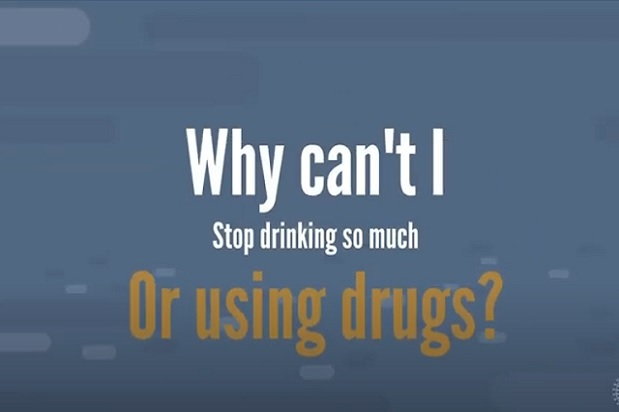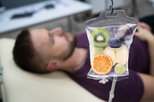If there were any truth to the misconception, some people have, that all anyone must do if they genuinely want to stop drinking or using drugs is to say, “No,” “I’m done,” “That’s it. I quit,” then, there wouldn’t be nearly 35 million people in the U.S. today diagnosed with a substance use or alcohol use disorder.
Recovering from an addiction to drugs or alcohol is not as easy as simply saying “No. I quit.” It takes time, support, and guidance. If you develop an addiction to drugs or alcohol, it doesn’t mean you are weak or a morally corrupt individual. With continued use, addictive substances can hijack your hardwired brain. They can disrupt the ability of your brain’s prefrontal cortex to make sound decisions that help you avoid certain risks or consequences. Addiction can also cause you to crave substances compulsively and compromise your brain’s pleasure and reward circuits.
Although habits are a part of addiction, quitting substance use or drinking requires more than willpower and determination, as most average habits do. Instead, many people remain in denial and never seek help from their addiction. Doing so only delays treatment and deepens the issue.
If you or someone close to you is battling addiction, please visit our directory of treatment centers or call 800-772-8219 to speak with a treatment specialist.








